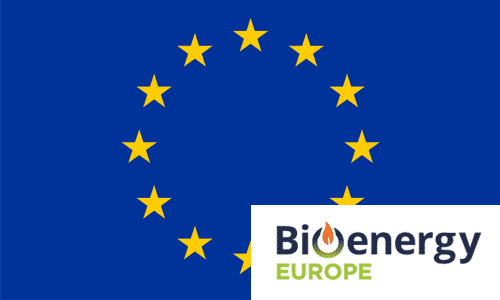The IEA recently developed a report ‘Net zero by 2050’ investigating optimal pathways towards climate neutrality in 2050. A dedicated website was created also for the contribution of bioenergy towards this target. The share of modern bioenergy in the total energy supply is expected to grow from 6.6% in 2020 to 18.7% in 2050. For more information, please contact Michal Dlugosz.
